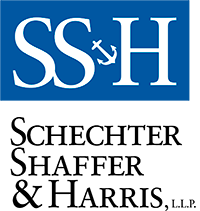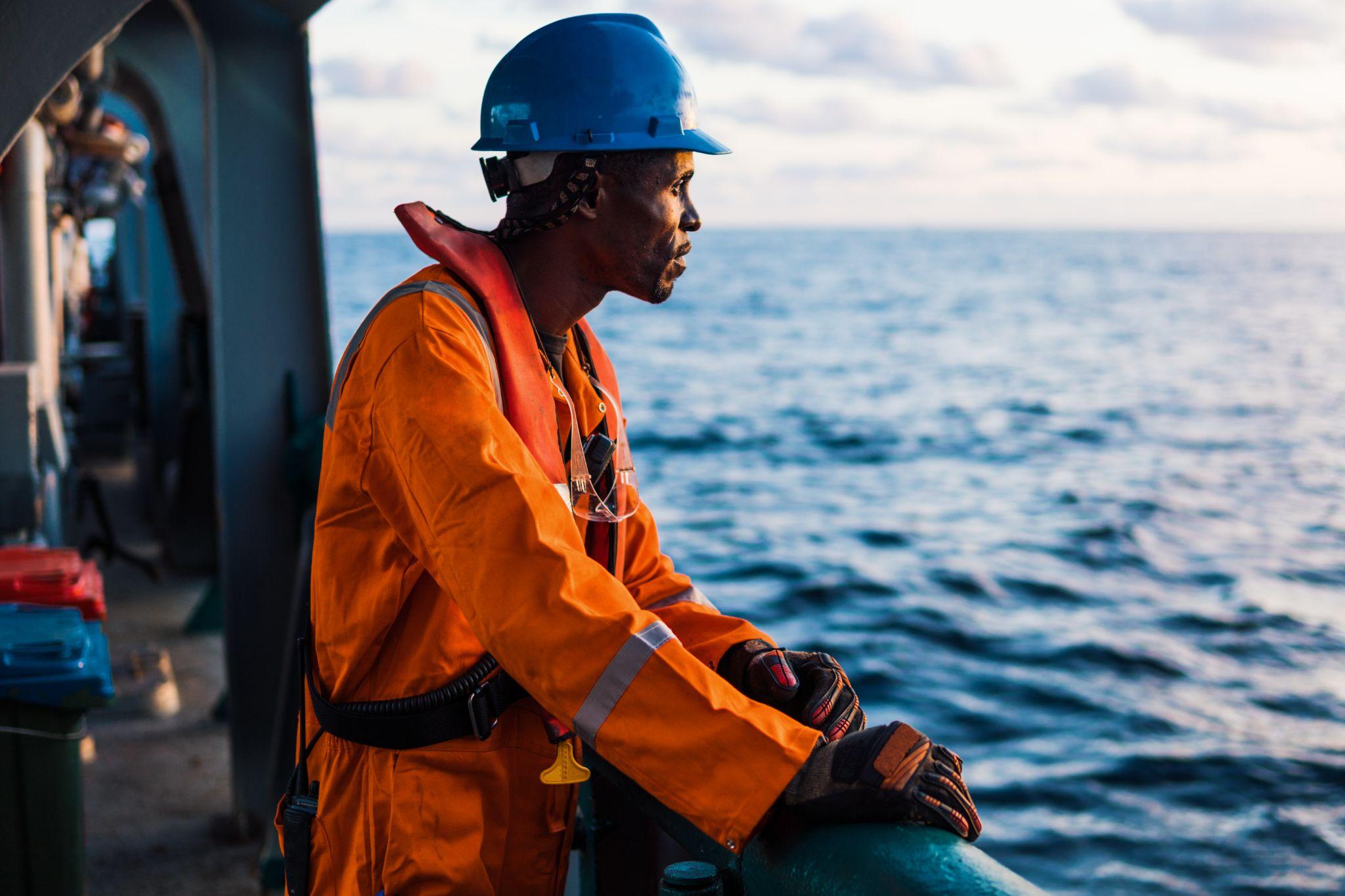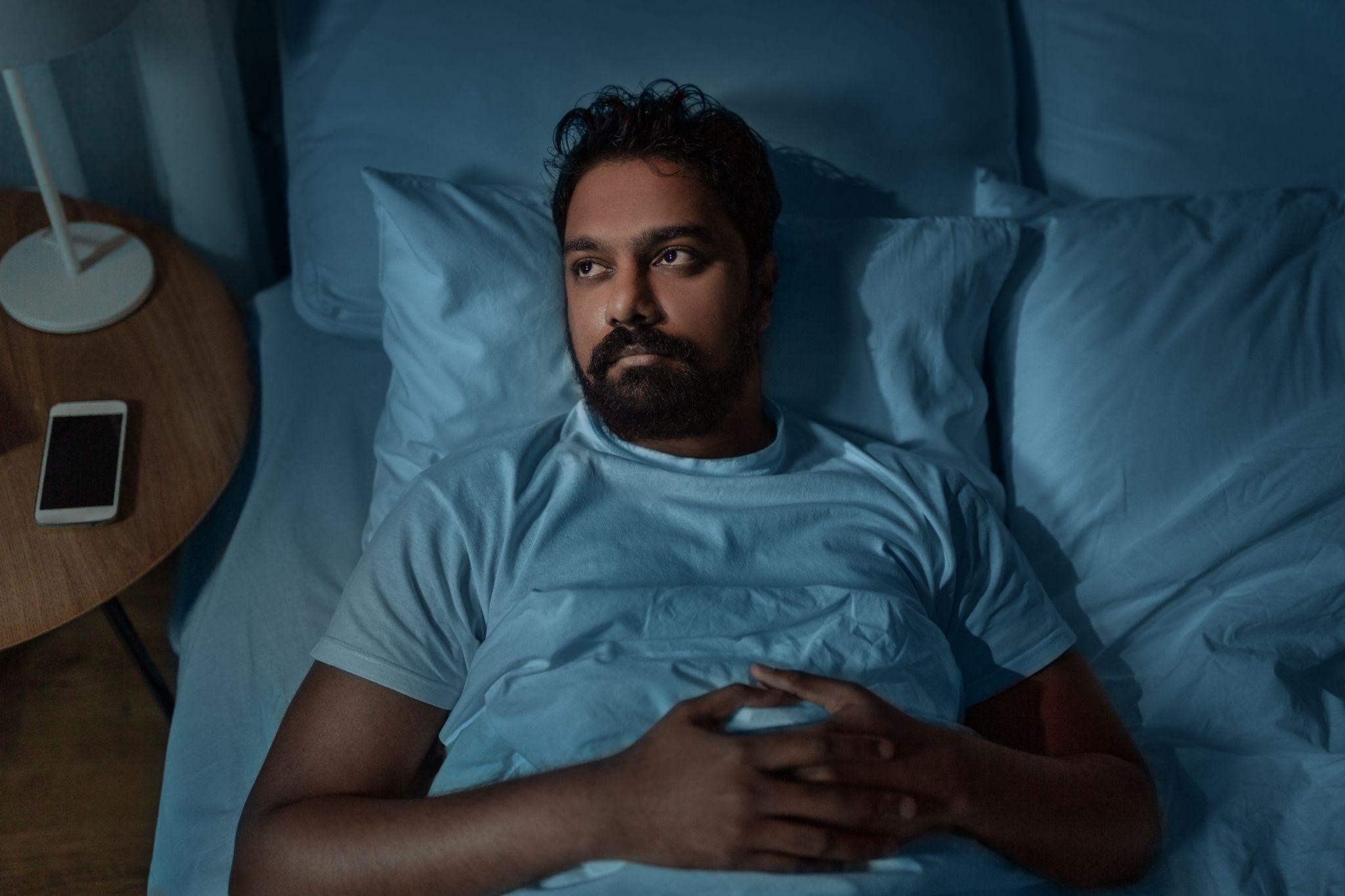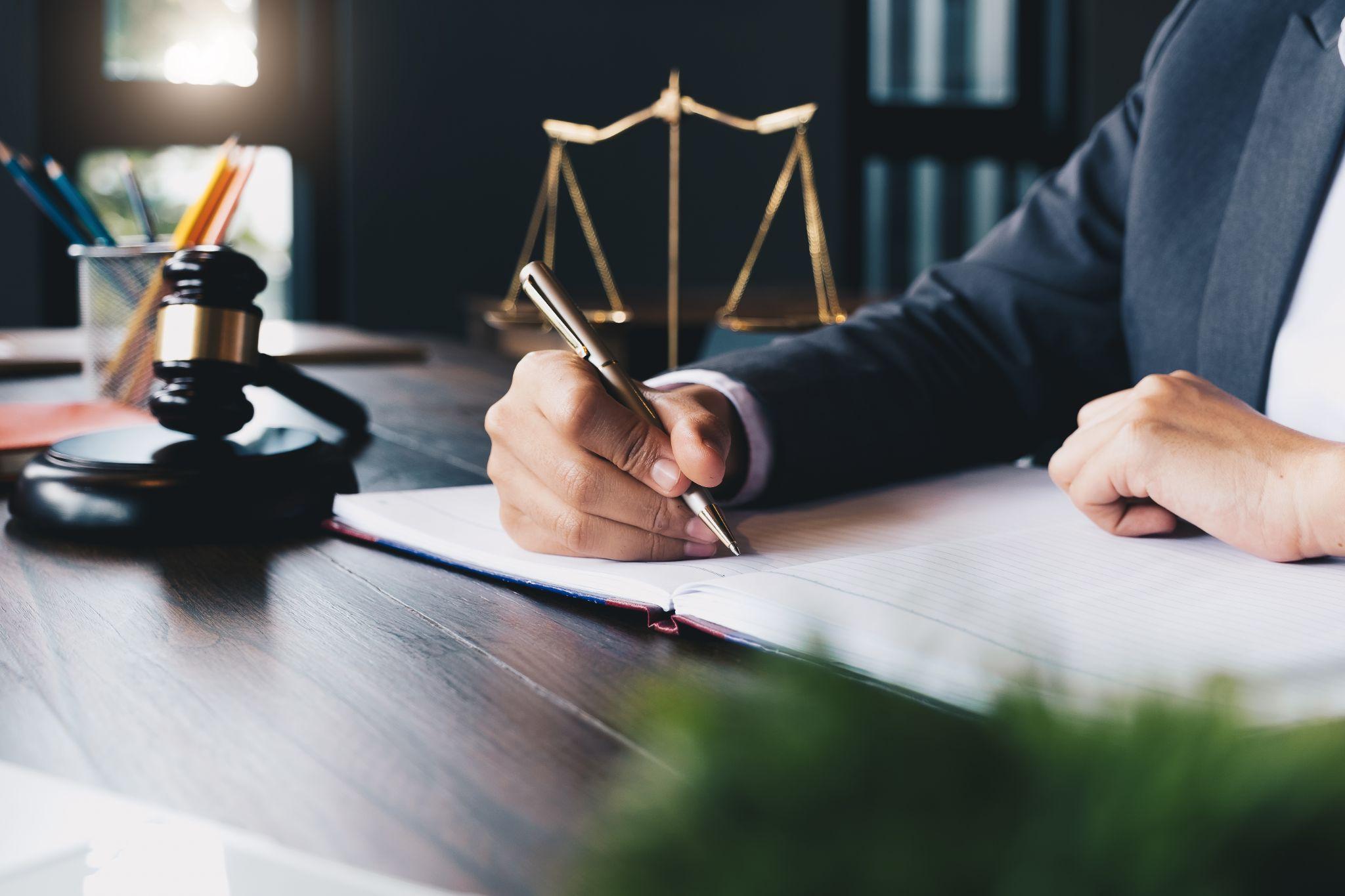
Blog
Maritime Workers’ Health: Chronic Fatigue and Sleep Disorders
Posted in Maritime Injury
Seafarer fatigue is often considered to be simply part of the culture on board a ship. Maritime workers often suffer from lack of sleep and fatigue, despite regulations requiring periods of uninterrupted rest for those who work at sea. In addition, the psychological strains of maritime work can lead to burnout syndrome, chronic fatigue, and sleep disorders. This combination is known as psychophysical exhaustion.1
Fatigue in the Maritime Industry
Maritime workers often consider it a matter of professional pride to work long irregular hours and spend extended periods of time at sea. Berthing areas can be full of noise and light, which make deep sleeping difficult. The physical demands of maritime work cause pain, which interferes with sleep, and the mental strain can result in insomnia or other sleep disturbances.
What is often overlooked by shipowners and workers alike is that this sleep deprivation and fatigue has a high cost financially, environmentally, and in human lives lost at sea. By normalizing seafarer fatigue and expecting that seamen will “work through it” without making mistakes, we put at risk the safety of the ship, the cargo, and the crew.
Maritime Worker Fatigue Causes Accidents
As an example, sleep deprivation played a key role in causing the grounding of the Shen Neng 1 in 2010. While no lives were lost, the ship’s hull was breached, and pollution was released into a sensitive environmental area. The Chief Mate, an experienced senior officer, failed to complete a critical task as part of his duties, which led to the maritime accident.
It was found that the Chief Mate had slept only 2.5 hours in the 38.5 hours leading up to the incident.1 Fatigue is known to cause impaired reasoning and poor decision-making, and there are many examples where fatigue or falling asleep on duty was a factor in causing maritime accidents. Based on the high impact of fatigue in the maritime industry, maritime organizations are recommending a multi-layered approach to managing fatigue related risks at sea.
Fitness for Duty (STCW VIII/1)
The International Maritime Organization (IMO) adopted the Seafarers Training, Certification, and Watchkeeping (STCW) code in 1978, and these maritime laws were updated as recently as 2010. These guidelines establish and enforce rest periods for key personnel whose duties directly impact the safety, security, and duty of a vessel to prevent environmental pollution.
Maritime workers who are not logging adequate rest time are considered not fit for duty. Responsible parties can use these guidelines to create watch and duty schedules designed to minimize seafarers fatigue and document the hours of work and rest that maritime workers are given. In 2001, the IMO released further guidance on fatigue mitigation and management, which was revised in 2018 with the Guidelines on Fatigue (MSC.1/Circ. 1598).
Common Maritime Sleep Disorders
Psychophysical exhaustion can cause many kinds of sleep disorders and chronic fatigue syndrome. Common maritime sleep disorders include:
- Insomnia: The inability to fall asleep or stay asleep. This may include early waking or laying awake. Effects include excessive daytime sleepiness and impaired physical and mental functioning.
- Narcolepsy: Falling asleep during the day or having sudden muscle weakness that is described as a “sleeping attack” are signs of narcolepsy. This can be the result of extended sleep deprivation on board ship and cause serious accidents.
- Restless Leg Syndrome: This is a sensation of creeping or prickling, pain, or unintentional movements of the legs that interfere with falling asleep or staying asleep. This condition may develop from exhaustion and may become a cause of maritime fatigue.
- Sleep Apnea: Snoring can be a normal sound in a crowded berth, but it can also be a sign of sleep apnea. The sleeping person gasps or snorts for air, interrupting their sleep. Sufferers wake still feeling exhausted, and their restless noisy sleep impacts the ability of other crew members to get adequate rest.
- Circadian Rhythm Disorders: There are recognized body cycles that are based around daylight and sleep. Being awake during circadian lows, for example 2 a.m. to 6 a.m., can then make it difficult to get restful sleep at other times of the day. Constantly changing shifts from daytime to nighttime will also disturb healthy sleep patterns.
Maritime Law Protects Workers from Fatigue-Related Injuries
Maritime worker fatigue is an operational safety risk that shipowners and employers have an obligation to mitigate. Undermanned vessels, improper scheduling, asking maritime workers not to log their hours accurately, and failing to treat the fatigue-related conditions that these workers are enduring can be considered negligent in some cases.
If you were or a loved one was injured in a maritime accident because of worker fatigue or have developed a long-term debilitating sleep disorder while working at sea, you should speak to a maritime attorney about your options and whether you can receive compensation for medical bills, pain and suffering, or lost earning potential.
Schechter, Shaffer, and Harris, L.L.P., Maintenance and Cure, is your team of experienced maritime attorneys that have helped thousands of maritime workers receive fair and full compensation for their injuries or illnesses that developed in the course of their service to a vessel. Contact us today for a free case evaluation and no fee unless you win your case. Rest easy knowing that your maritime lawyers are ready to stand up for your rights and put your financial troubles to bed.
Sources:















